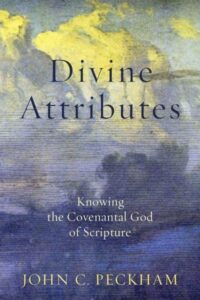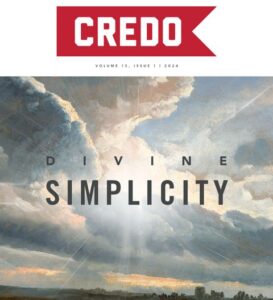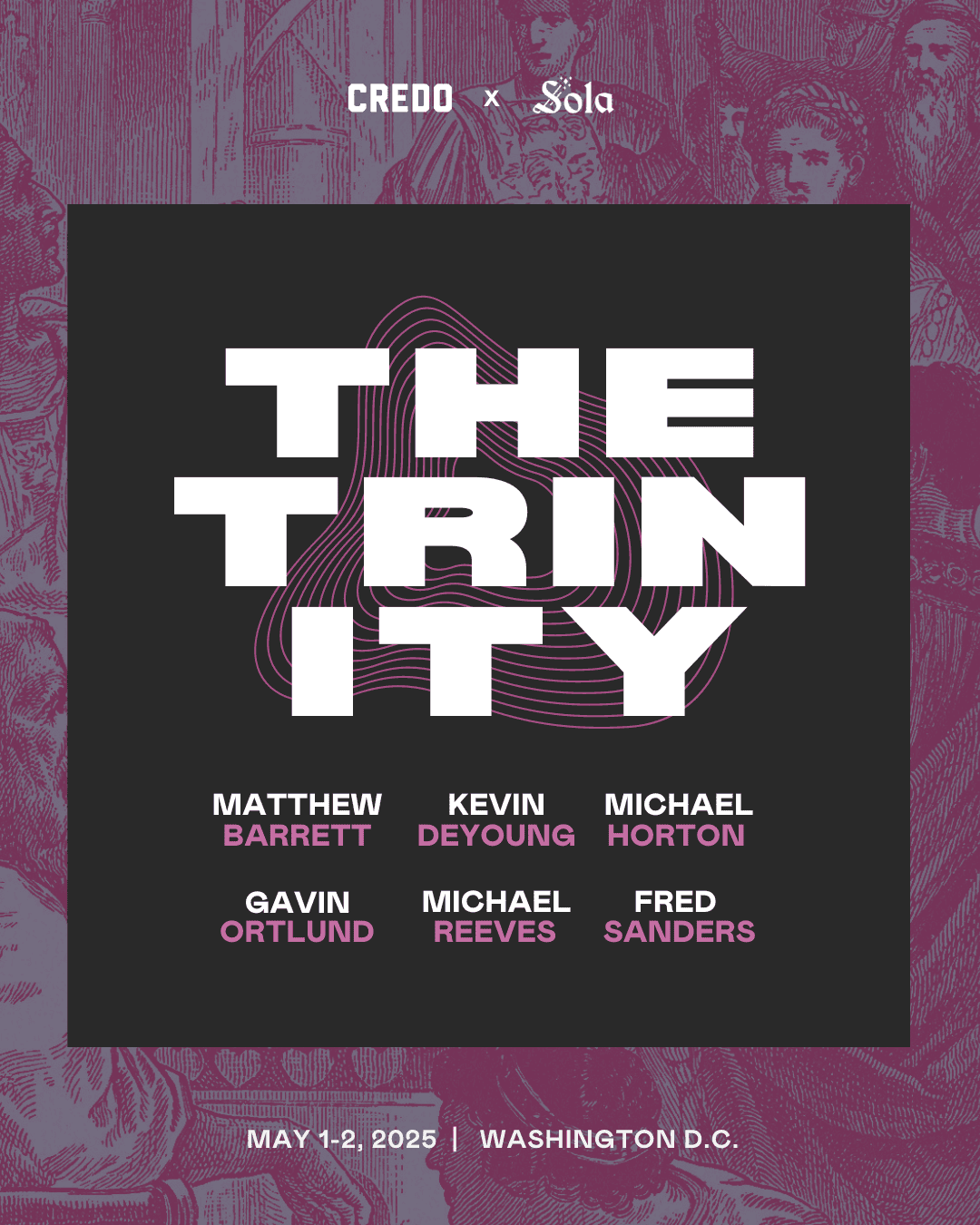F ollowing up on his introductory work, The Doctrine of God: Introducing the Big Questions (2019), Adventist theologian John C. Peckham has published Divine Attributes: Knowing the Covenantal God of Scripture. In this work, Peckham aims to give an account of the divine attributes that are thoroughly biblically grounded over and against models of classical theism which he believes undervalue the plain meaning of Scripture in favor of Greek philosophical presuppositions. As Peckham writes in his introduction, his goal is to “offer a careful theological analysis of divine attributes” that would uphold the “unique normativity of Scripture, in dialogue with core issues in the contemporary discussion of classical theism” (17). Following the introduction, each chapter focuses on a particular attribute in order to show that the covenantal God is one who is dynamic in His relationships and experiences genuine movement and emotions.
ollowing up on his introductory work, The Doctrine of God: Introducing the Big Questions (2019), Adventist theologian John C. Peckham has published Divine Attributes: Knowing the Covenantal God of Scripture. In this work, Peckham aims to give an account of the divine attributes that are thoroughly biblically grounded over and against models of classical theism which he believes undervalue the plain meaning of Scripture in favor of Greek philosophical presuppositions. As Peckham writes in his introduction, his goal is to “offer a careful theological analysis of divine attributes” that would uphold the “unique normativity of Scripture, in dialogue with core issues in the contemporary discussion of classical theism” (17). Following the introduction, each chapter focuses on a particular attribute in order to show that the covenantal God is one who is dynamic in His relationships and experiences genuine movement and emotions.
Overview
Following the introduction, chapter one surveys various models of theism, including that which Peckham identifies as strict classical theism, process theology, moderate classical theism, and a small section on the God of Greek philosophy. Readers of this review may be most interested to see how he defines and contrasts the strict and moderate conceptions of classical theism. Strict classical theism holds that God must possess the attributes of “divine perfection, necessity, pure aseity, utter self-sufficiency, strict simplicity, timeless eternity, strict immutability, strict impassability, omnipotence, omniscience, and omnipresence” (20-21). Moderate classical theists, however, differ by understanding that God, “engages in genuine relationships with creatures that make a difference to God” (23). According to Peckham’s view, each model surveyed in the first chapter falls short of doing justice to the God of Scripture.
For a model of God to be biblical and true, it must account for the dynamic back-and-forth relationship in which God engages with creatures. Thus, Peckham offers covenantal theism, which “affirms God’s aseity and self-sufficiency, qualified immutability and passibility, everlasting eternity, omnipresence, omniscience, omnipotence and sovereign providence, covenantal action, omnibenevolence, and relational triunity” (37). Chapter one closes with an overview of Peckham’s view of canonical theology, which is tied to the belief that Scripture is a “unified corpus of writings that God has commissioned as the uniquely normative rule of faith and practice and the final form of theological interpretation, to be understood in subjection to guidance by the Holy Spirit” (29).
Chapters two through six address various attributes of God, such as aseity, qualified passibility, and others. Each attribute defined by Peckham is rooted in the belief that Scripture is to be exegeted on its own terms without any external metaphysical presuppositions. In other words, Scripture alone provides the necessary metaphysics to understand and account for the divine attributes. For example, Peckham rejects the classical view of impassibility as defined by James Dolezal and others in favor of seeing God as one whose essential nature is changeless, but engages in real back-and-forth relationships, which allows for changing emotions. Theologians are not only wise to consider voices from the past, but a true theologian is obligated to give their arguments more than just a passing glance. Share on X
The book then moves on to chapter seven which focuses on a canonical exploration of Divine Triunity and then concludes with a summary of the work in chapter eight, further reiterating Peckham’s argument that the God of covenantal theism “matches the characteristics that Scripture identifies as worthy of worship and praise” (263). Overall, Peckham provides a unique alternative to classical theism (what he views as strict classical theism) that seeks to be faithful to the text of Scripture and that which sees God as truly worthy of all worship, honor, and glory.
The insurmountable deficiency of Biblicism
Peckham has given the reader much to consider. Though the classical theist will find many problems with the work, it is important to recognize that Peckham seeks to be thoroughly biblical. His love for the text of Scripture and his knowledge of pertinent texts is to be commended, and in some ways, followed. There are serious deficiencies with the work, however, that must be highlighted.
First, notably absent from Peckham’s work is any genuine interaction with historical theology. Peckham desires to have a more Biblicist account of the divine attributes, but in doing so, he is ignoring key insights from centuries of theological work done in refining the doctrine of God, including the ecumenical creeds. Due to the lack of historical interaction, Peckham has perhaps unwittingly denied or, at the very least ignored, the Holy Spirit’s work throughout history. Theologians are not only wise to consider voices from the past, but a true theologian is obligated to give their arguments more than just a passing glance.
Secondly, due to this strict Biblicist approach, not only does Peckham redefine particular divine attributes in ways contrary to classical theism, but he also outright rejects certain divine attributes, such as divine simplicity and timeless eternity (241). The problem with his method, in the words of Nicholas Wolterstorff, is that once you “pull on one thread, the whole thing unravels before your eyes…”[1] Wolterstorff rejected classical theism as well, but he understood that by doing so, it would eventually lead to giving up divine aseity. To give up aseity, however, “is to then give up a certain argument for God’s existence.”[2] The negative consequences of Peckham’s thesis need to be weighed carefully before receiving evangelical affirmation.
Lastly, as a result of his ahistorical and Biblicist methodology, Peckham sees no biblical warrant for eternal generation nor eternal relations of origin (237). Moreover, contrary to the pro-Nicene tradition, Peckham affirms a model of social Trinitarianism, arguing that a biblical view of divine persons is one that sees them as distinct centers of consciousness and will that mutually depend upon each other (244). These persons each possess their own faculty of reason. This model of Trinitarianism is problematic in its own right, but Peckham’s model becomes even more troublesome when coupled with his belief that God suffers at the cross. Appealing to Jurgen Moltmann and James Cone, Peckham argues that limiting Christ’s suffering on the cross to His humanity alone amounts to human sacrifice. Under his view, Christ as God suffers on the cross in His divine nature along with the Father and the Holy Spirit (69). Of course, this view introduces a number of dilemmas that, in my opinion, are insurmountable. Namely, this view calls into question the need for the incarnation at all, brings confusion between what is proper for nature and person, and ultimately, if taken to its logical conclusion (something that Peckham thankfully does not do), leads to a type of tritheism.
God made in the image of man
There is no doubt that Peckham is a gifted writer, and his intentions motivating his work are noble. He seeks to provide an account of the divine attributes that is biblically faithful and theologically coherent in hopes that readers will be drawn to worship and praise for God. Unfortunately, Peckham’s unique formulation of the doctrine of God has far too many deficiencies to overcome. Rather than pointing readers to the God of Scripture, Peckham has breached the Creator/creature distinction and created a God made in the image of man.
Endnotes
[1] “Does God Suffer: Interview with Nicholas P. Wolterstorff” in Modern Reformation Magazine: Why Some Evangelicals are Challenging the Traditional View of God, 8.5 (September/October 1999): 45.
[2] Ibid., 47.
Image credit: Bill Gracey


